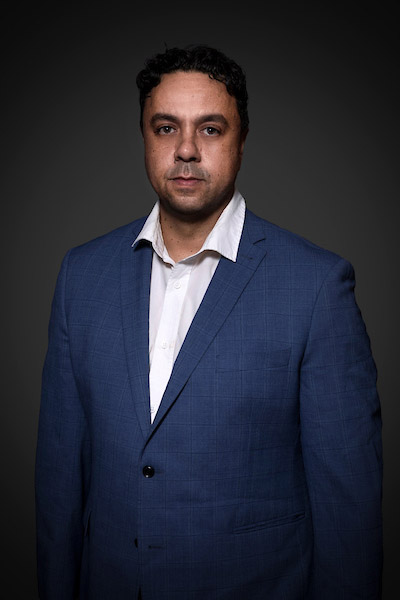INDIAN LGBTI – PROTECTION VISA
On September 6, 2018, India’s Supreme Court ruled that consensual homosexual acts would no longer constitute a crime. The historic move reversed Section 377 of the Indian Penal Code which was a legacy from British colonial rule.
The Supreme Court in its judgment only held that consensual homosexual sex could not be a crime under the Indian Constitutional scheme. The judgment was therefore limited in its scope.
India does not have a comprehensive anti-discrimination code. While the Constitution prohibits discrimination, that only applies to the government. The private sector can discriminate with impunity in matters of employment, housing, health and education among other areas.
Gay and bisexual men, particularly in rural areas continue to suffer ill treatment and discrimination in many aspects of their lives, including education, work and public spaces.
In India, lesbian, gay, bisexual and transgender people are vulnerable to unofficial oppression as well as family and school bullying. Homosexuals are also forced into treatment to cure their sexual orientation.
A risk of persecution or serious harm for a lesbian woman in India, where it exists, arises from her family members.
Recent country information does not indicate that the situation for lesbians has changed significantly since the changes on Section 377 of the Indian Penal Code. Women’s sexuality is rarely discussed in India where women are expected to marry and have children and “corrective” rape, often by family men, is prevalent in rural areas. In a society where gender-based violence is widespread and conducted in public, many lesbians may find it difficult to come out even to their families.
According to Vyjayanti Vasanta Mogli, a transwoman LGBT activist and public policy scholar at Tata Institute of Social Sciences, “village medics and babas often prescribe rape to cure lesbians of homosexuality“.
LGBTI INDIANS “WELL-FOUNDED FEAR OF PERSECUTION”
If you have a well-founded fear of persecution due to your gender identity or sexual orientation in India, you may be eligible for a Protection visa (subclass 866).
The first requirement states that you must fear persecution for at least one of five reasons specified in the Act:
- Race
- Religion
- Nationality
- Membership of a particular social group (PSG)
- Political Opinion
LGBTI persons in India form a particular social group (PSG) within the meaning of the Refugee Convention because they share an innate characteristic or a common background that cannot be changed, or share a characteristic or belief that is so fundamental to their identity or conscience that they should not be forced to renounce it, and have a distinct identity which is perceived as being different by the surrounding society.
Although LGBTI persons in India form a PSG, establishing such membership may not not sufficient to be recognised as a refugee.
Our Immigration Lawyers can help you with your Onshore Protection Visa. Most of our LGBTI protection visa clients are international students and tourists who fear to return to their home country and would like to stay in Australia permanently. We have a proven success record in assisting nationals of India.
Claim your consultation






















